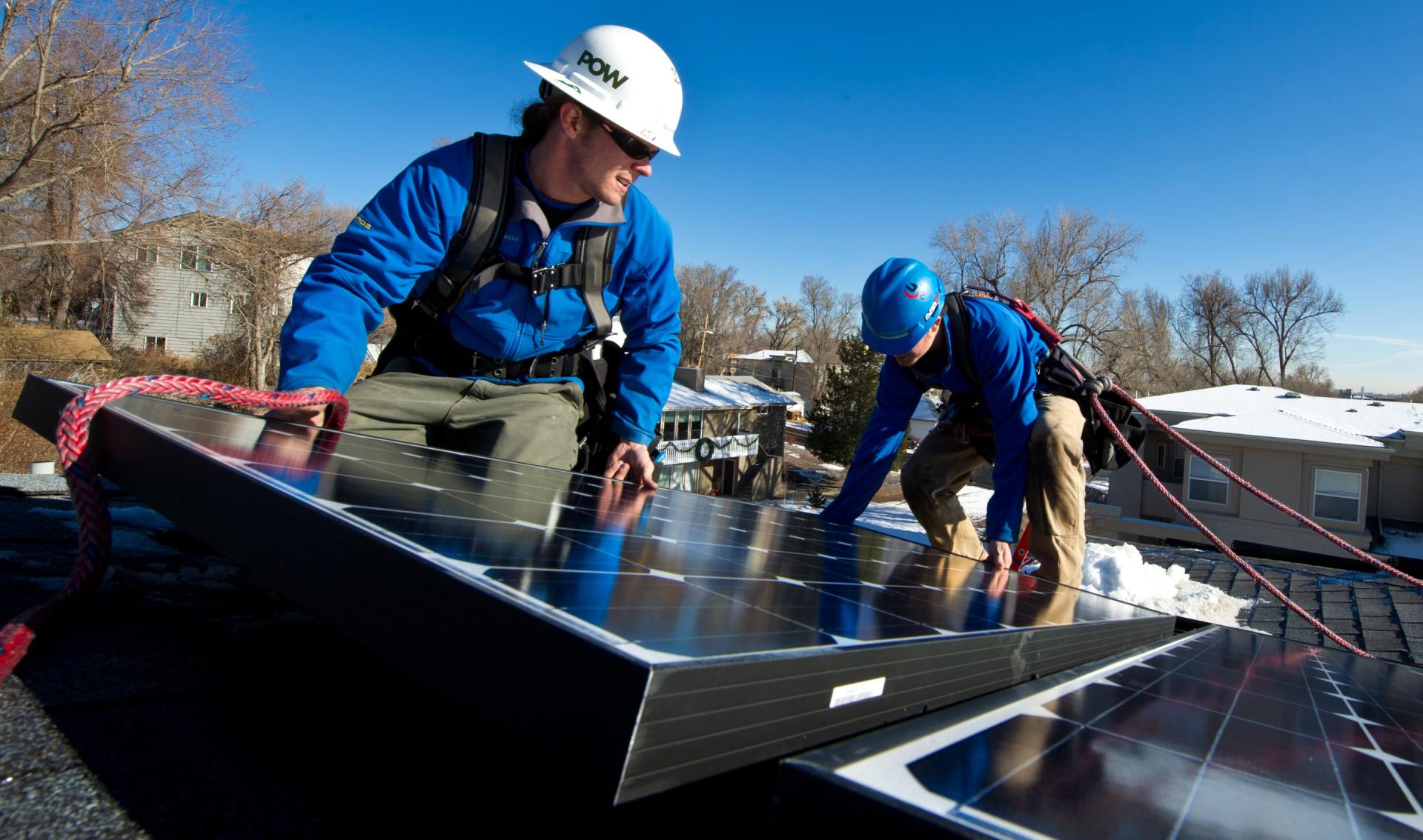So Cal Solar Blog

Tax Credits A tax credit (as opposed to a "tax-deduction") is a dollar-for-dollar reduction in the amount of income tax you would owe without a tax credit. If you claim a $2,000 federal tax credit, the tax credits reduce your federal income taxes owed by $2,000. It's a dollar-for-dollar proposition. Presently, the federal solar energy tax credit for residences can be applied against U.S. federal income taxes for a % of the cost of solar panels. There is no upper limit that can be claimed. The solar system must be placed in service during the present tax year, and generate electricity for a residence in the U.S. In order to take a federal tax credit. Congress passed an extension of the income tax credit (ITC) in December 2020. This allows a 26% tax credit for solar systems installed through the tax year 2022, which is reduced to 22% for installations in 2023. As of now, the tax credit will expire in 2024 without renewal from Congress. Who is Eligible? If you can meet the following criteria anyone is eligible: You have a solar system that was installed between January 1, 2006, and December 31, 2023. • The solar system must be located in your primary or secondary residence. In the U.S. in the United States. You must own the solar system. Setups, where you rent the equipment or contract to purchase electricity generated by a system you don't own, will not meet the requirement. This is an important consideration for the buy v.lease decision. The solar power system itself must be new or beginning operation for the first time. The federal tax credit can only be claimed once for the original installation of the solar equipment. What Can You Include in Your Tax Credit? You can claim the following expenses for your federal tax credit: Solar panels or cells installed. The labor costs for onsite preparation, assembly, and installation, including permitting fees, inspection costs, and any developer fees. Other related equipment, including wiring, inverters, and mounting parts. State government rebates or incentives vary by state. However, they never impact your federal taxes owed. FAQs: What if I am not a homeowner? You do not have to own your home to be eligible for a federal tax credit. Certain cooperative and condo corporations are eligible if they contribute to the cost of the system. Renters are not eligible, as you have to own the systems. You cannot take a tax credit for a system you do not own. How About a Vacation Home? The tax credit is allowed for a secondary home located in the U.S. You cannot, however, take a tax credit for a rental property that you own. What if My Solar Panels are On My Land, but Not My Roof? Makes no difference so long as it is supplying electrical power to your home. Do I Have to Be Connected to the Electrical Grid or Can I Be "Off the Grid?" No -- you do not have to have conventional utility-provided electrical power in order to claim a tax credit.

